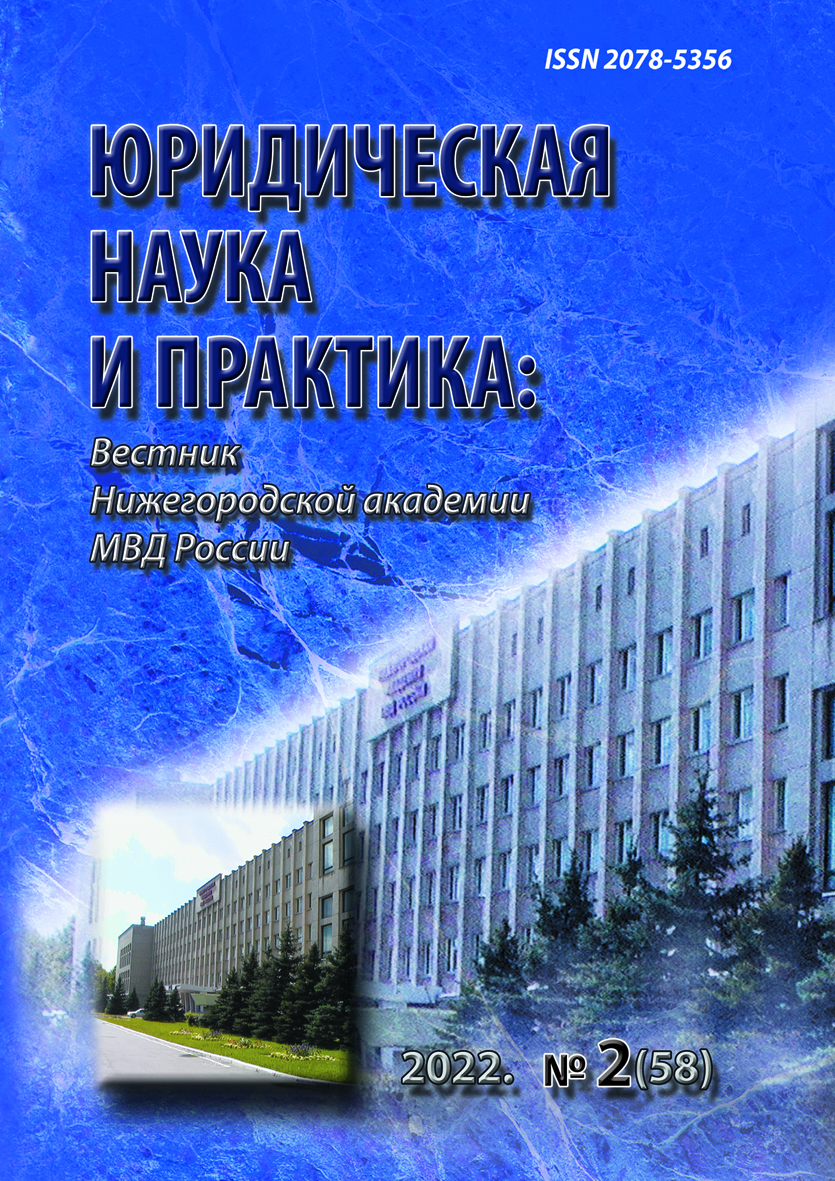Russian Federation
Russian Federation
The modern russian doctrine of criminal procedural evidence includes a ban on the use of the results of operational investigative activities in proving. It is based on the ideology of the investigator as a subject of proving objective truth. The investigator is authorized by means of investigative actions to turn the results of operational investigative activities into means of proving the truth. In the accusatory criminal procedure system, information and materials received by both parties are transformed into a means of proving the truth only after cross-checking. As the Italian experience shows, the transition from the investigative system to the accusatory criminal procedure system and the adversarial technology of proving the judicial truth is inevitable in the context of building a rule of law and democracy.
criminal procedure, operational investigative activity, proof, evidence, truth, means of proof, adversarial
1. Dolya E. A. Formation of evidence based on the results of operational investigative activities: monograph. Moscow: Prospect Publ., 2014. 373 p. (In Russ.)
2. Kolosovich M. S. Legal grounds for using the results of operational investigative activities in criminal proceedings: textbook stipend. Volgograd: VA of the Ministry of Internal Affairs of Russia, 2018. 58 p. (In Russ.)
3. Alexandrov A. S., Terekhin V. V., Kukhta A. A. On the legal significance of the results of public operational-investigative measures for the criminal case and the reform of the pre-trial criminal process. Criminal law, 2009, no. 6, pp. 77-81. (In Russ.)
4. Bozrov V. M. The results of operational investigative activity - the status of evidence in criminal proceedings. Russian Justice, 2004, no. 4, pp. 46-48. (In Russ.)
5. Kucheruk D. S. The use of the results of operational investigative activities in proving criminal cases of bribery. Dissertation... candidate of legal science. N. Novgorod, 2011. 349 p. (In Russ.)
6. Muravyov M. V. The use of information obtained in the course of public operational investigative measures in criminal procedural proving. Dissertation... candidate of legal science. N. Novgorod, 2021. 258 p. (In Russ.)
7. Leone G. Trattato di diritto processuale penale. I, Dottrine generali. Napoli, 1961. 177 p.
8. Scaparone M. Procedura Penale. Ed. VI. Torino, 2019. 244 p.
9. Conte A. G., Fuselli S., Manzin M., Moro P., Sarra C., Sommaggio P., Dalbrenta D.V., Zanuso F. Retorica processo verità. Principî di filosofia forense. 3a ristampa. Milano, 2011. 320 p.
10. Ramacci F. Corso di diritto penale. Ed. VII. Torino, 2021. 760 p.
11. Cordero F. Procedura penale. 6ª ed., Milano, 2002. 608 p.
12. Tonini P. Manuale di procedura penale. Milano, 2021. 1156 p.
13. Golovko L. V. Theoretical foundations of modernization of the doctrine of material truth in criminal proceedings. Library of criminalist. Scientific journal, 2012, no. 4 (5), pp. 65-87. (In Russ.)
14. Alexandrov A. S. Competitiveness and objective truth. Criminalist’s library. Scientific journal, 2012, no. 3, pp. 142-157. (In Russ.)












